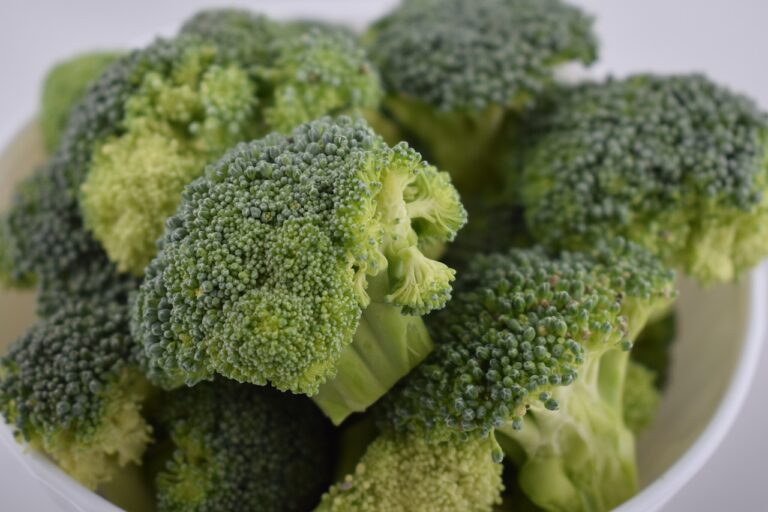Exploring the Health Benefits of Traditional Chinese Medicine
Traditional Chinese Medicine (TCM) has a rich history dating back thousands of years, evolving through the teachings of ancient Chinese philosophers and scholars. The foundation of TCM is deeply rooted in Daoism, where the emphasis lies on maintaining the balance of yin and yang within the body to achieve optimal health and well-being.
Throughout centuries, traditional Chinese healers compiled their knowledge into various manuscripts and texts, such as the Huangdi Neijing (The Yellow Emperor’s Inner Canon), establishing the fundamental principles and practices of TCM. These early insights into the interconnectedness of the human body, mind, and spirit continue to influence TCM practitioners worldwide, shaping the holistic approach to healthcare that is still prevalent today.
Key Principles of Traditional Chinese Medicine
Characterized by a holistic approach to health and well-being, Traditional Chinese Medicine (TCM) is built on several key principles that have been refined over centuries. One fundamental principle is the concept of Qi, the vital life force believed to flow through the body along pathways called meridians. According to TCM, an imbalance or blockage in the flow of Qi can lead to illness, emphasizing the importance of maintaining harmony and balance within the body.
Another essential principle of TCM is the belief in the interconnectedness of the body, mind, and environment. This concept underscores the idea that physical health is influenced by emotional, mental, and environmental factors. TCM practitioners consider factors such as diet, emotions, lifestyle, and the natural elements when diagnosing and treating ailments, aiming to restore equilibrium and promote overall wellness.
What is the history of Traditional Chinese Medicine?
Traditional Chinese Medicine has a history that dates back thousands of years, with its origins in ancient China. It is a holistic system of medicine that incorporates various practices such as acupuncture, herbal medicine, tai chi, and qigong.
What are the key principles of Traditional Chinese Medicine?
The key principles of Traditional Chinese Medicine include the concepts of yin and yang, the Five Elements, the meridian system, and the vital substances (Qi, Blood, Essence, and Body Fluids). These principles are used to diagnose and treat illness by balancing the body’s energy.
How is Traditional Chinese Medicine different from Western medicine?
Traditional Chinese Medicine takes a holistic approach to health, focusing on the balance of energy in the body and treating the root cause of illness. Western medicine, on the other hand, tends to focus on treating symptoms and specific diseases with pharmaceuticals and surgery.
What are some common treatments used in Traditional Chinese Medicine?
Some common treatments used in Traditional Chinese Medicine include acupuncture, herbal medicine, cupping therapy, moxibustion, and dietary therapy. These treatments are aimed at restoring balance and harmony in the body to promote health and well-being.





